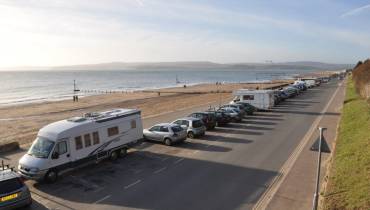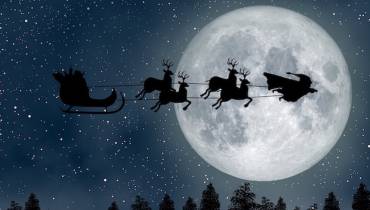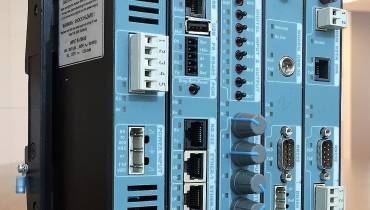Ever Wondered What a Healthy Workout Diet Consist of?
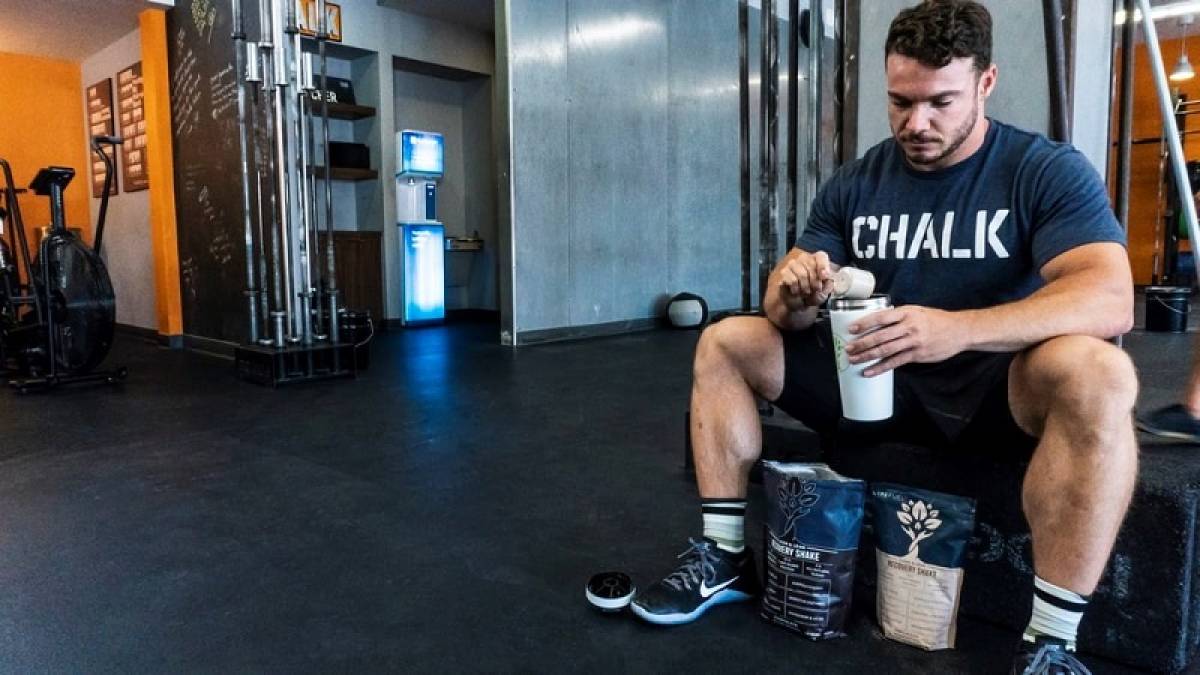
We all know a good workout routine is healthy for you, helping to strengthen your bones and muscles (including the heart), lose weight, feel happier and more energetic, and much more.
But, no matter your workout goals, what you eat before and after your workout is critical to your fitness success.
If one of your workout goals is to lose fat, you may be tempted to skip a pre-workout mini-meal or snack. However, this is not a healthy plan.
So, what does a healthy workout diet consist of?
Hitting the Weights Diet
If your workout plan includes weights, it's critical that you eat some complex carbs between 45 minutes and an hour before you hit the gym. Don't worry about a protein shake. Instead, have some whole grain cereal and milk for carbs plus protein.
If you don't have any carbs before you work out, you may find that you feel tired and dizzy during your workout. You may even injure yourself. It’s a common myth that carbohydrates are bad for you because we’re taught to stay away from them in order to lose weight. However, to properly workout and lose weight the right way, these carbs will give you the sufficient energy your body desperately needs – don’t be afraid to load up if you plan to work them off!
In addition to some complex carbs to fuel your body and brain, make sure your pre-workout snack is loaded up with protein. Unsweetened yogurt with some fresh fruit and a little granola? Perfect and not too heavy as you head out to go to the gym.
No matter what form of exercise you enjoy, if you want a protein drink before your workout, focus on dairy-based proteins. Studies indicate that milk-based proteins taken before a workout can reduce muscle soreness the day after a workout.
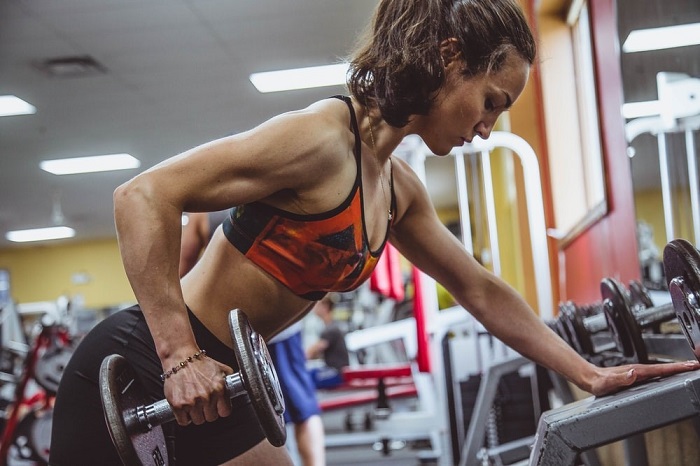
Water, Water and More Water
If you're planning a big cardio day and want to work up a sweat, make sure you have plenty of water with your pre-workout meal. Be sure to have a cup of water 10 to 20 minutes before you start working. While you're working out, make sure to drink a cup of water for every 15 to 30 minutes of working out.
If you push yourself to work out until you're thirsty, you've pushed too far. Muscle cramps will be the first indication that your body is in distress. Dehydration is dangerous and hard on your heart and kidneys. Over time, it can be extremely hard on your gut if you develop constipation.
In addition to drinking water before, during and after your workout, make sure to take in plenty of fiber. In addition to fresh vegetables and fruits, you can find fiber in oatmeal, brown rice and protein rich granola bars.
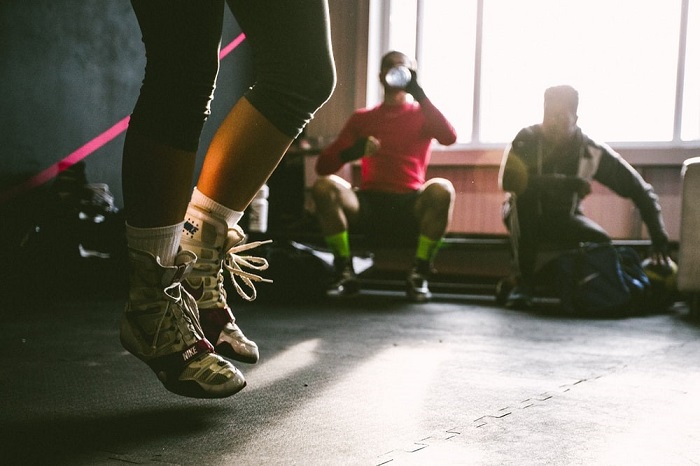
After You Stretch
Your post-workout meals also need to fuel your body and help you repair any torn fibers with plenty of protein. A couple of scrambled eggs and toast would be a great post-workout breakfast. If you tend to get in a workout in the late afternoon or evening, consider having salmon for dinner with a baked sweet potato.
If you know it will be a while between your workout and your next meal, treat yourself to a serving of chocolate milk. This beverage is 9/10ths water, so you can avoid muscle cramping with great hydration. In addition, chocolate milk delivers a ration of 4 grams of carbs for each gram of protein and is perfect for fueling your body as your workout rush burns off.
Current conditions in the world may leave you wondering if your gym is a safe place. Make sure one you get home that you focus on nutrients that will help build your immune system. Products like chicken breast are loaded with Vitamin B-6 and can help you fight off some infections.
Avoid anything that's packed with fat or sugar. Greasy foods may make you feel unwell, especially if you've been loading up on water. Take care to avoid anything extremely salty. If you're preparing for a particular event, such as a weight lifting competition or a run, try to eat satisfying but not filling meals of foods you know work for you.
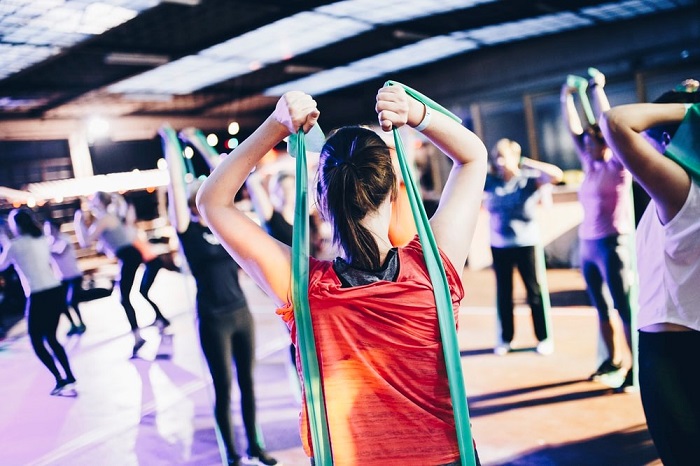
Next Day
If you did a lot of weights yesterday, make sure the next day includes a lot of stretching. For those who like a hard-cardio workout, make sure you don't go into it hungry.
Take care to start with carbs, even if you don't plan to push as hard today. Being stiff and sore can be hard on your workout mood, so don't let your blood sugar get too low before you eat a snack.
Low blood sugar can lead to extreme hunger and wobbliness. If you overeat before a workout, you may feel sleepy or even get sick as you heat up.
Be gentle with yourself on the day after a hard workout so your body can clear lactic acid from your muscles. Eat a light combination of protein and carbs before your workout and hydrate all through your day and through a gentle set of exercises.
Hydration can be achieved by drinking a lot of water or eating foods that are high in juice or water, like melons, tomatoes, and other fruits and vegetables.
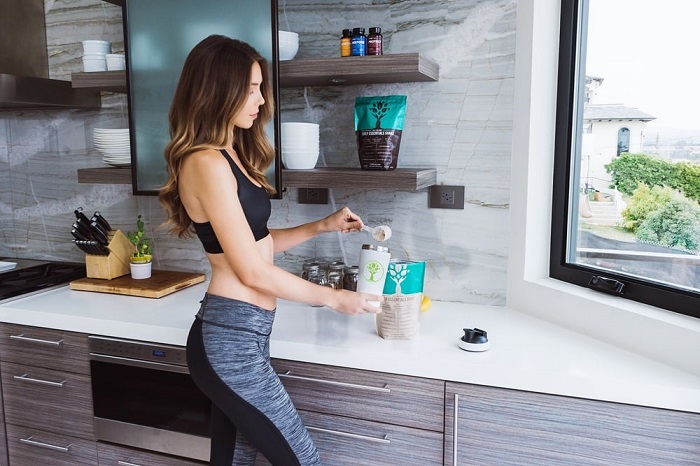
Conclusion
The best way to eat healthily around your workouts is to avoid excess. Eat a little something in the morning, but don't overload or you risk a stomach upset.
After a workout, make sure you enjoy a hearty protein, such as chicken or fish, and pair it with fiber from vegetables and a cooked veggie that's packed with nutrition. Snack on proteins such as nuts or cheese, and try to take in some fruit each day.
Drink proper amounts of water all through your workout and day. Don’t overdrink, as too much water can cause sodium levels to drop and lead to headaches and less of strength.








